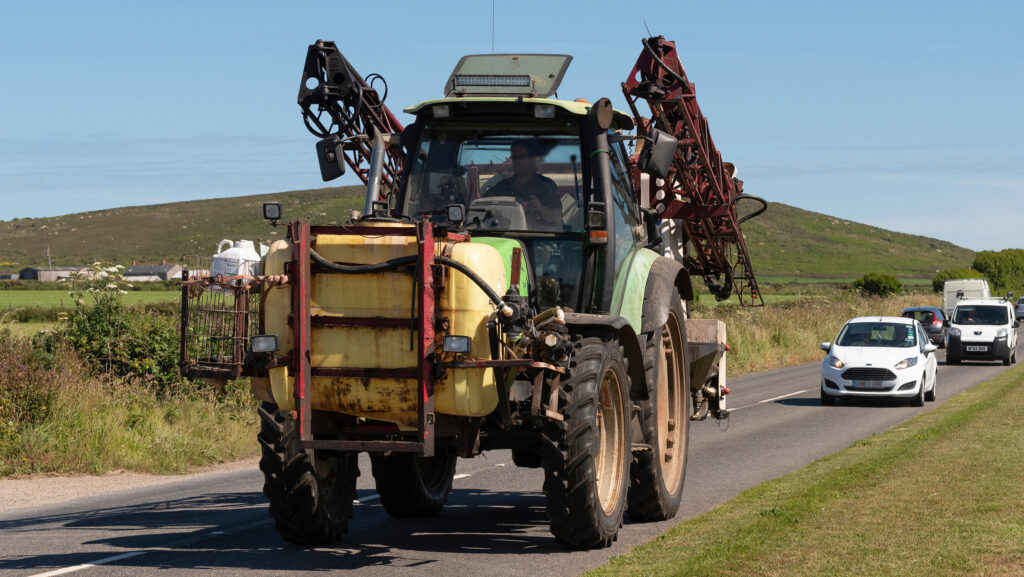Opinion: Time for farming to tackle ‘excessive hours’ culture
 © Adobe Stock
© Adobe Stock My god-daughter works for one of those big law firms. I enjoy her trying to explain to me pieces of British law I don’t understand.
A recent conversation started with her talking me through a case about defamation law, but for reasons that will become apparent, drifted on to working time directives.
See also: Opinion – my four-point plan to de-isolate farming
Could she explain how, in our litigious society, it is still acceptable for city lawyers to be sat at their desks until 3am for days on end?
Sleep deprivation can be as harmful as smoking or heavy drinking, so why aren’t lawyers taking steps to avoid future class actions?
She agreed it was madness and archaic. Many city lawyers “wear their long hours like a badge of honour,” she tells me. Bragging rights in chambers.
This sounds familiar. I hear this same badge is an honour boasted about among some younger farmers.
Lawyers may only be a danger to themselves (if we skirt the huge financial risk of errors due to tiredness), but the bleary-eyed grain cart driver who is racing 31t of sleep-deprived tractor down a country lane needs to wake up.
As do the farmers and managers of my vintage and older who provoke such behaviour by allowing it to happen, on the premise that “we used to work those hours”.
But 30 years ago, tractors were slower, smaller and lighter. Hedges were tighter and lower, and lanes better maintained with fewer cars, pedestrians and cycle traffic (and all this regardless of the distraction of mobile phones). It is not acceptable.
I ended up in a hedge last Sunday. I was out running when a tractor and bale trailer overtook me on a blind bend, only to meet a car coming in the other direction.
To avoid the other vehicle they jerked back towards the hedge, forgetting their trailer had yet to pass me.
The same day, a friend came off their bike; evading a “gigantic tractor taking up the whole road” left them nowhere to go.
Overhearing this story, a bystander proclaimed that tractor drivers are playing “roulette with lives, flying around the lanes expecting no one”.
The working time directive is set at 48 hours to protect the employee. And the opt-out is there to help businesses and staff who so wish.
But some jobs and industries, such as drivers in the road transport industry (RTI), cannot apply for the opt-out. For good reason. Tired drivers would be a danger to other road users.
While agriculture currently has exemptions, farmers should all be aware of the impact of their removal.
For those in the RTI, EU rules apply for vehicles more than 3.5t. This prevents them from driving more than nine hours in a day, 56 hours in a week, or 90 hours in any two consecutive weeks.
And they must record all driving done under EU rules on a tachograph.
Such measures would be quite restricting for agriculture. But exemptions are there to facilitate the unusual, of which agriculture is presently one.
However, if tractor drivers think that earning a badge of honour for the smallest number of hours slept and the largest number of cans of Red Bull drunk in a week trumps the safety of others, then such exemptions will soon get removed. And so they should.
